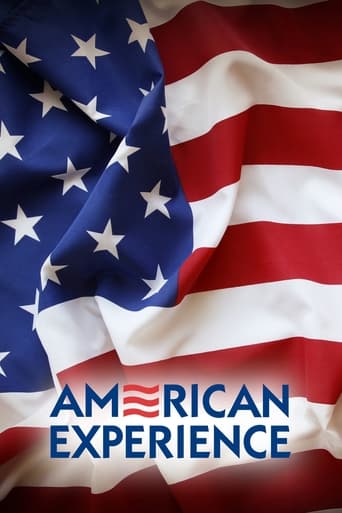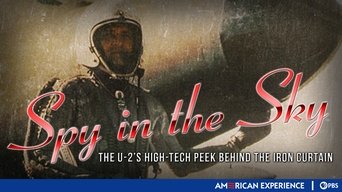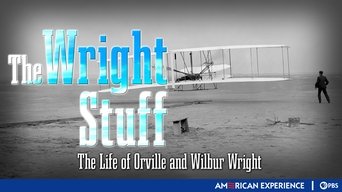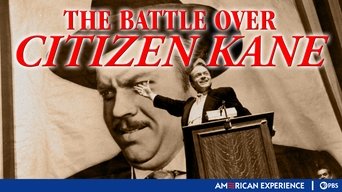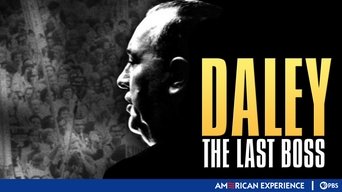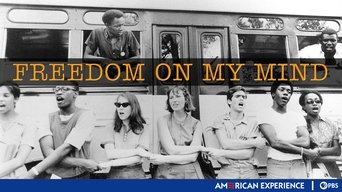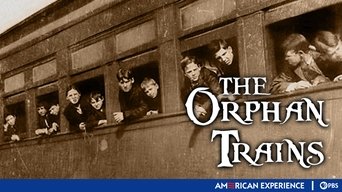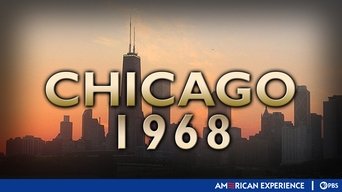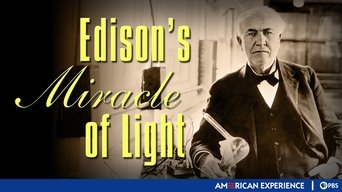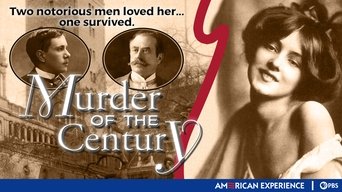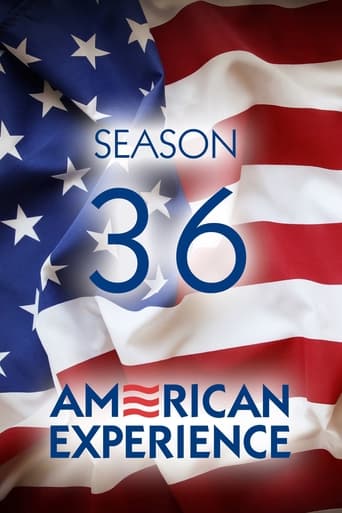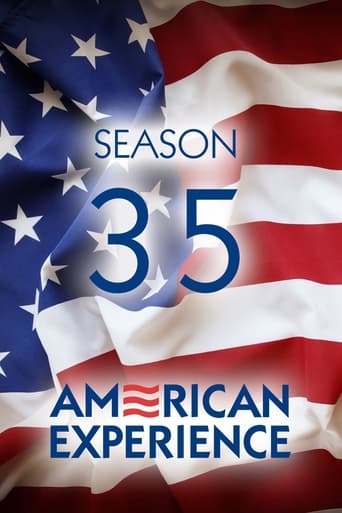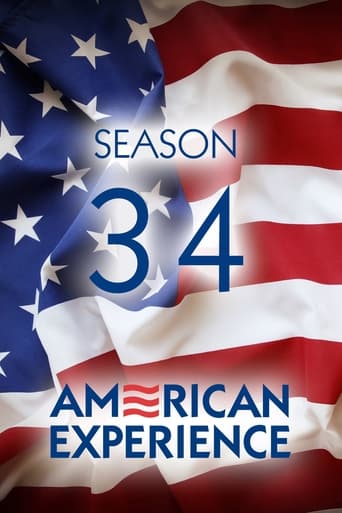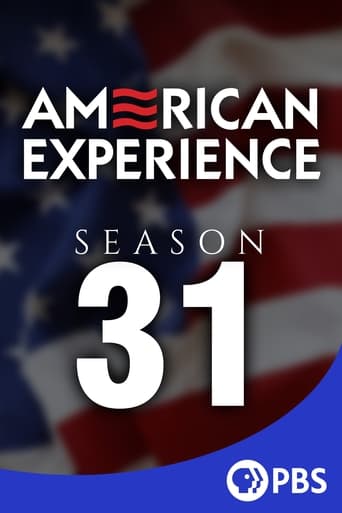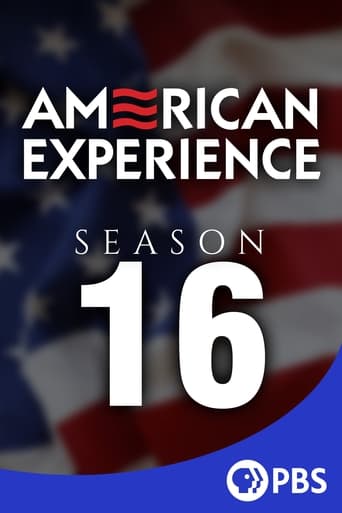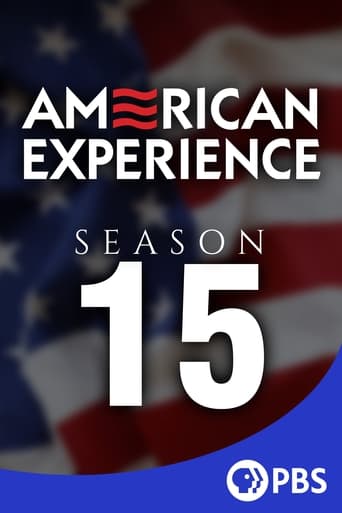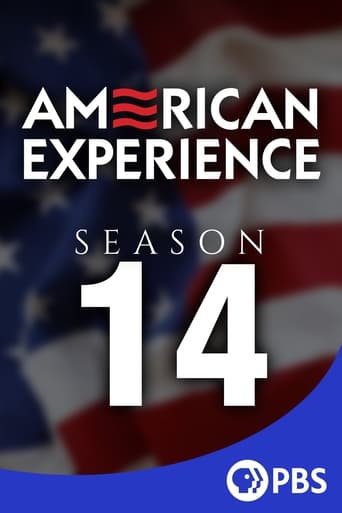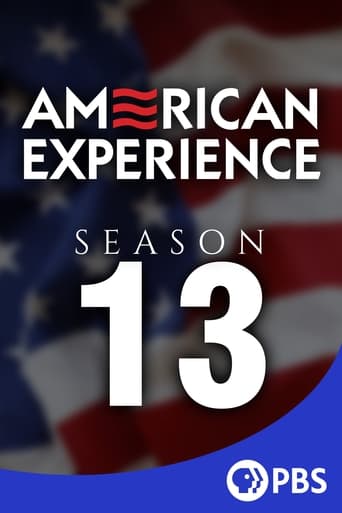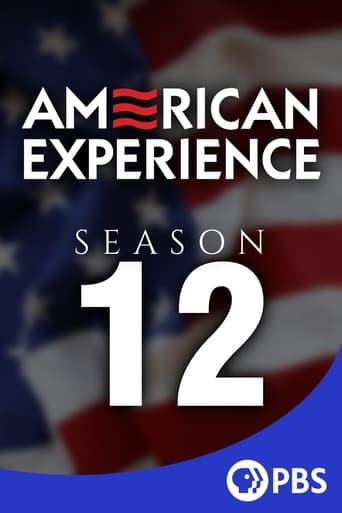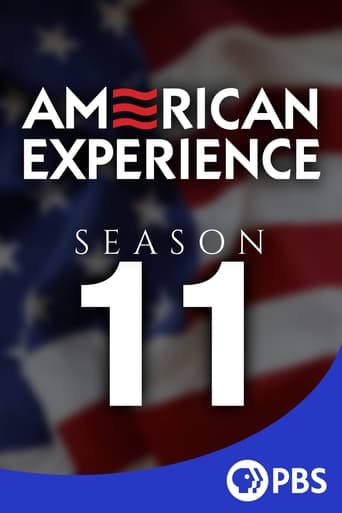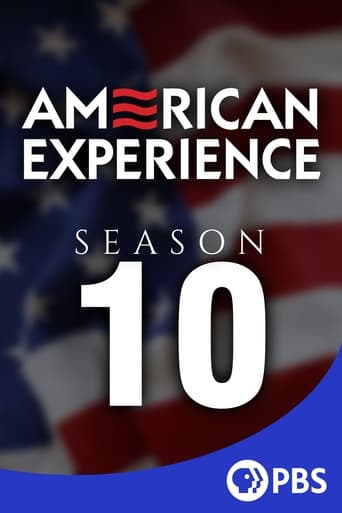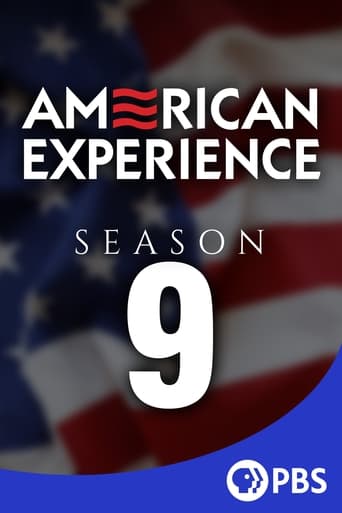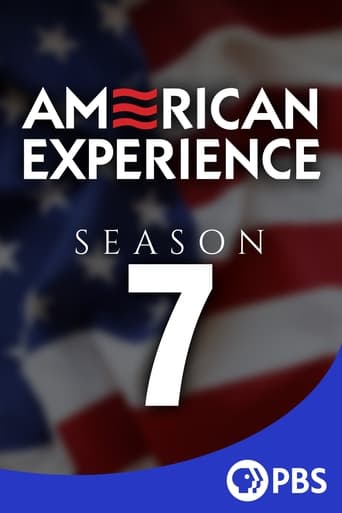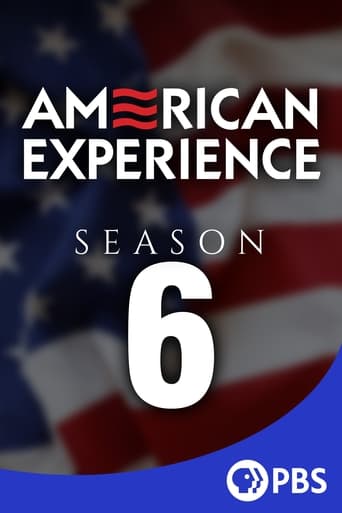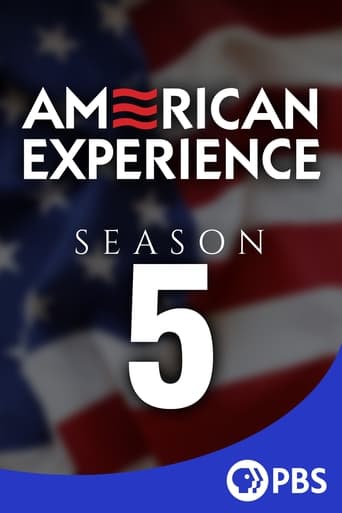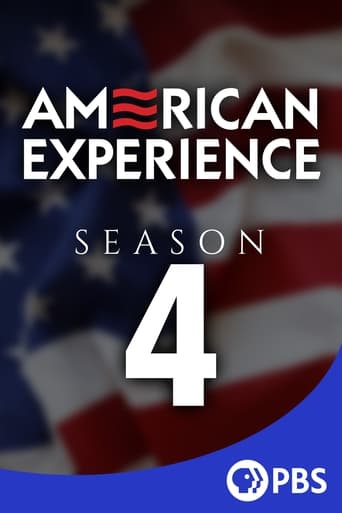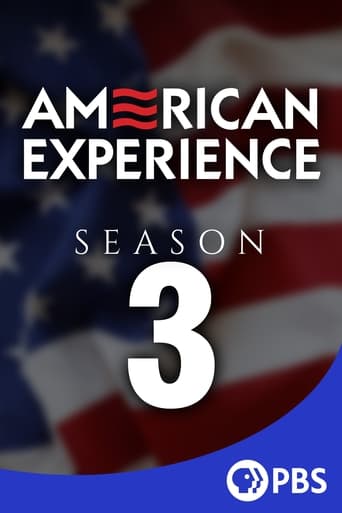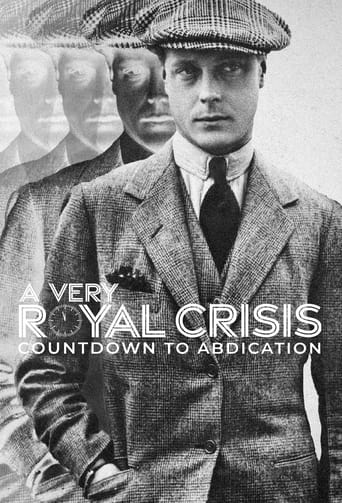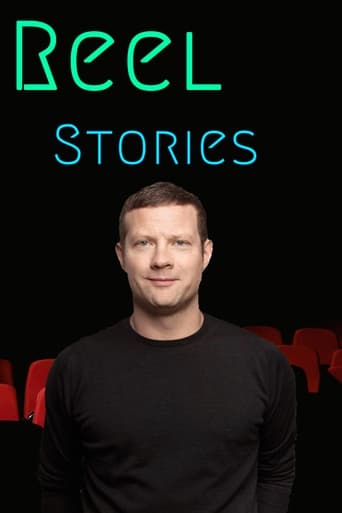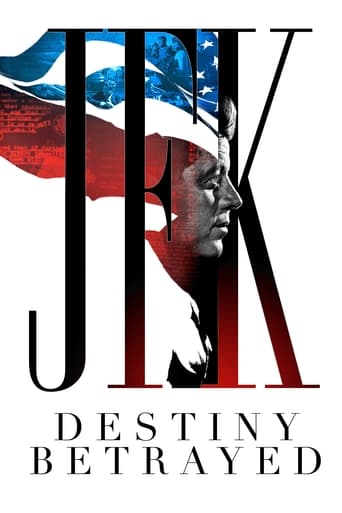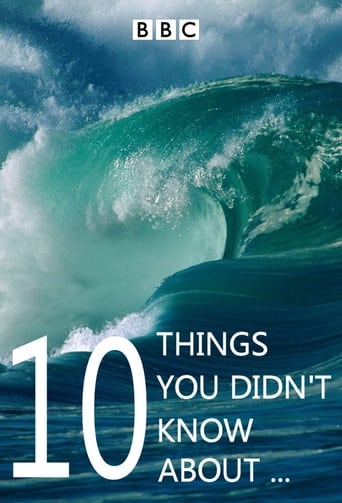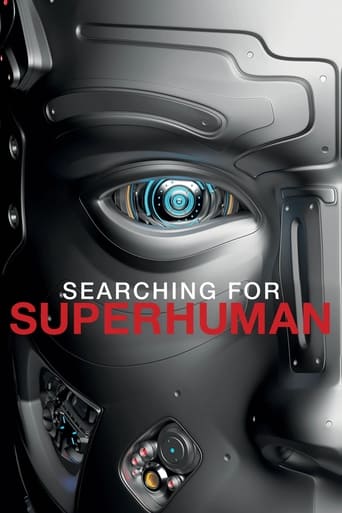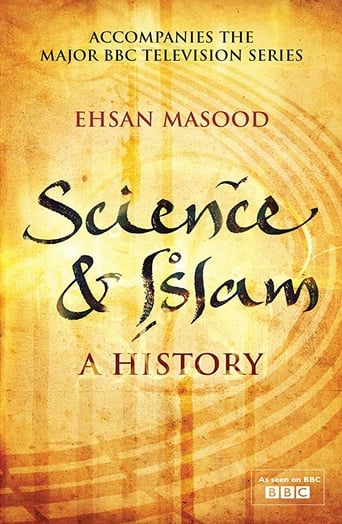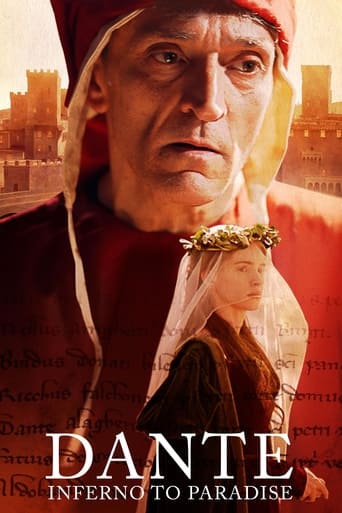American Experience Season 8
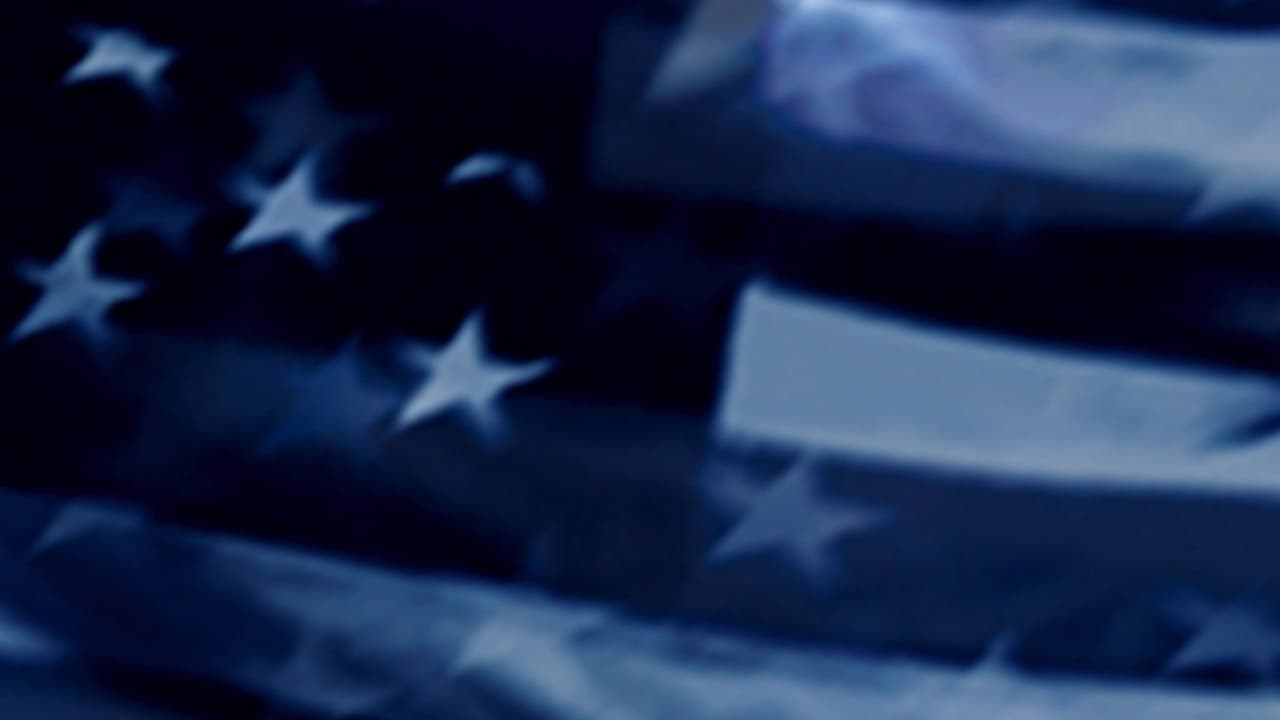
TV's most-watched history series brings to life the compelling stories from our past that inform our understanding of the world today.
Watch NowWith 30 Day Free Trial!
American Experience
1988 / TV-PG

TV's most-watched history series brings to life the compelling stories from our past that inform our understanding of the world today.
Watch Trailer
American Experience Season 8 Full Episode Guide
In the spring of 1960, Francis Gary Powers' U-2 spy plane was shot down over the Soviet Union. Overnight, this top-secret plane became the most famous aircraft in the world. Behind the incident was a team of engineers and pilots who had raced against the clock to design, perfect and deploy a plane which could provide a high-tech peek behind the Iron Curtain.
Theirs is a quintessential American story of two midwestern boys who believed they could break the barrier of the air, succeeding where others with government grants and engineering educations had failed. Their remarkable breakthroughs in design and engineering shaped the course of the twentieth century.
A thinly-veiled portrait of the immensely powerful newspaper magnate William Randolph Hearst, the movie created a buzz long before it was released. Most people thought it the work of a genius, but Hearst set out to destroy the director, Orson Welles, and suppress the movie. Just a year earlier Welles had terrorized the east coast with a radio broadcast simulating an alien invasion. But now the 24-year-old boy-genius had taken on one of the most powerful men in America.
Richard J. Daley was born on a street he would never leave and christened in the small church in which he would be buried. His climb up the political ladder to become Mayor was slow and methodical; in a job he coveted, he built a political machine that changed the nature of urban politics, but he was ill-equipped to cope with two great 20th century challenges: race and the war in Vietnam.
In the summer of 1964, two groups converged in Mississippi: one mostly young, white and well educated from out of state; the other, African Americans who lived in the most violently segregated state. Recruits in a nonviolent army, together they fought the white political establishment to register black voters, create schools and bring national attention to the struggle. It was a summer of rage, pain and enormous danger.
In the mid 19th century, thousands of children roamed the streets of New York in search of money, food and shelter. In an ambitious and controversial effort to rescue them, between 1854 and 1929 more than 100,000 of these so-called "street Arabs" were sent by train to the Midwest to begin new lives in foster families. Poignant and powerful are the memories of living "Orphan Train" riders who vividly recount their experiences.
While America was reeling from the assassinations of Robert Kennedy and Martin Luther King and public outcry against the Vietnam War, the Democrats held their convention in Chicago. Yippie and anti-war protesters were determined to be heard; Mayor Daley was just as determined to stop them. A clash of political visions would be fought in the back rooms, on the convention floor and in the streets of Chicago.
In 1878, Thomas Edison announced his intention to harness Niagara Falls and produce a safe, electric light system. He said he could do it in six weeks. Almost three years later, all the components -- bulbs, sockets, switches, wires, junction boxes -- were finally ready. The "Wizard of Menlo Park" may have revolutionized the world, but he was caught in a web of personal, patent and corporate battles, eventually losing control of the industry he founded.
In 1906, the murder of Stanford White, New York architect and man-about-town, by Harry K. Thaw, heir to a Pittsburgh railroad fortune, was reported "to the ends of the civilized globe;" much of the focus however was on Evelyn Nesbit, the beautiful showgirl in the center of the love triangle. A sensational murder story that had everything: money, power, class, love, rage, lust and revenge.
Free Trial Channels
Seasons


